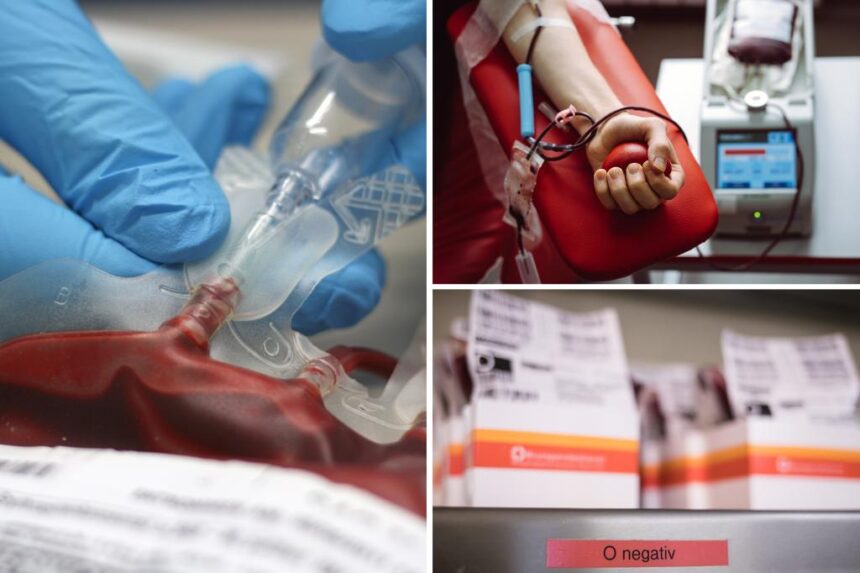An extraordinary discovery has been made in the world of blood types, as scientists have identified a woman from Guadeloupe with the rarest blood type on Earth. This unique blood type, known as “Gwada negative,” is so rare that the woman is only compatible with herself.
The 68-year-old woman was first introduced to researchers in 2001 when she was living in Paris and undergoing routine blood tests before surgery. Doctors were puzzled by her blood type, as they couldn’t find any matches for it. It wasn’t until 2019 that advancements in DNA analysis technology allowed scientists to sequence her entire genome and uncover the mutation in the gene PIGZ that led to her unique blood profile.
Thierry Peyrard, a biologist at the French Blood Establishment (EFS), confirmed that the woman inherited her one-of-a-kind blood type from her parents, both of whom carried the mutated gene. This makes her the only known person in the world with this rare blood type, as she is the only individual who is compatible with herself.
The classification of human blood types is based on antigens, which are proteins and sugars found on the surface of red blood cells. The ABO blood typing system determines whether individuals have antigens “A” and “B,” while the rhesus classification identifies the presence of the Rh factor antigen. These blood group systems are crucial for blood transfusions, as our bodies can reject foreign antigens in blood.
While the ABO and Rh systems provide the eight primary blood groups, there are also lesser-known blood groups recognized by the International Society of Blood Transfusion (ISBT). Gwada negative has now been classified as No. 48 by ISBT, and researchers are eager to investigate whether others share this unique blood type, starting with blood donors in Guadeloupe.
The discovery of new blood types like Gwada negative is essential for offering better care to patients with rare blood types. In some cases, individuals with rare blood types can provide life-saving treatments, such as James Harrison, known as the “man with the golden arm,” whose rare blood contained an antibody called Anti-D used to treat pregnant women with Rhesus disease.
Rhesus disease can be harmful to unborn babies, but thanks to the discovery of Anti-D in the 1960s, millions of lives have been saved. Expectant mothers rely on the kindness of donors with rare antibodies like Anti-D to receive the necessary treatment. The importance of rare blood types cannot be understated, as they play a crucial role in providing care and saving lives in the medical world.








